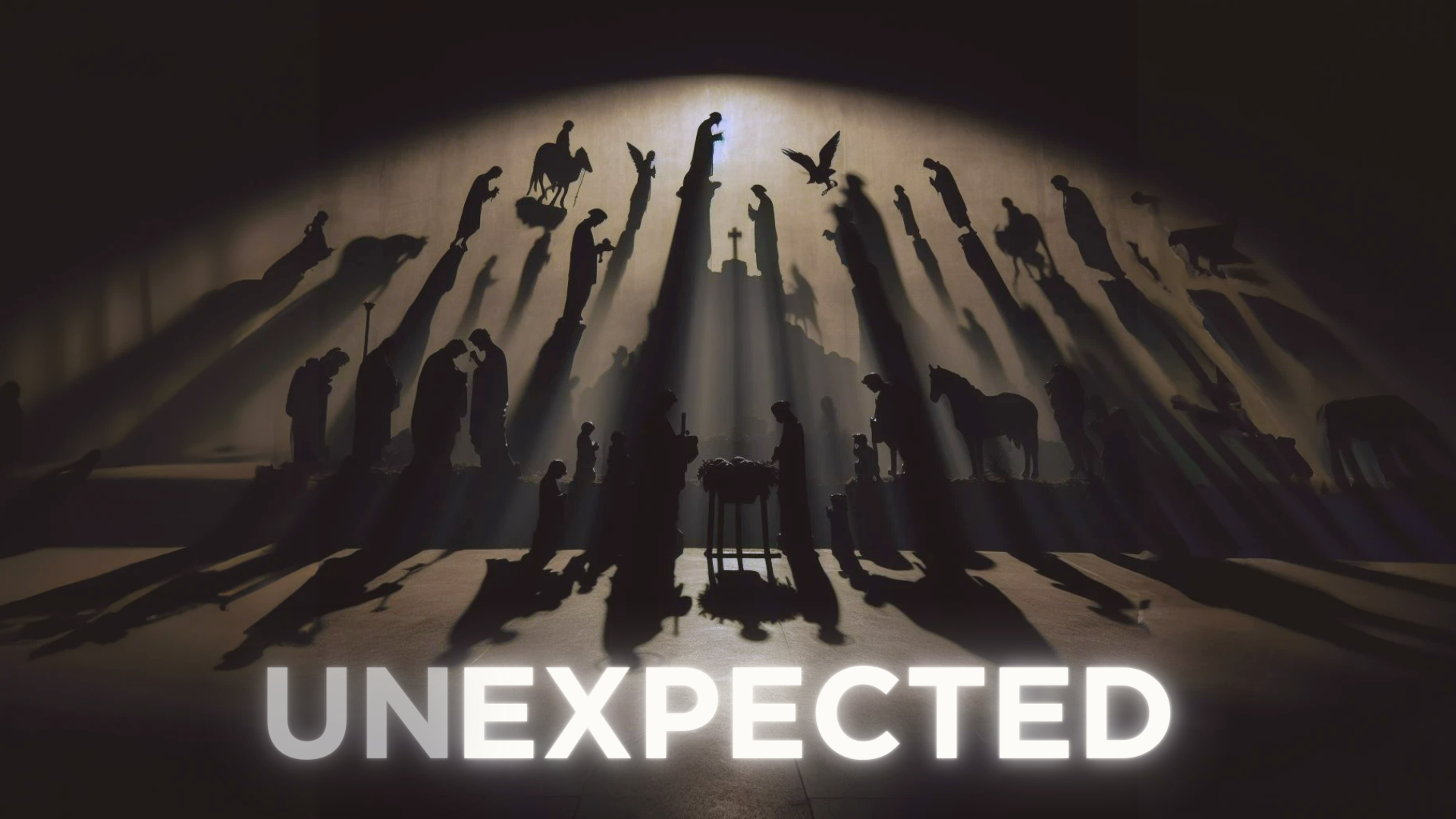“Why me?” - Mary
In this series, we take a closer look at the Nativity story through the lens of each character to see how God works in unexpected ways through unexpected circumstances.
Scripture: Luke 1:26-38
Most scholars agree that the Virgin Mary probably would have been around the age of 13 when she got betrothed to Joseph. Take a second and try to imagine yourself in her shoes as she is just beginning this next chapter in her life preparing for marriage and the rest of her life as a wife and, hopefully, a mother. Imagine your surprise as an angel named Gabriel interrupts your life to tell you that nothing will ever be the same because you’re going to give birth to the savior of the world through the power of the Holy Spirit.
Perhaps that’s quite a stretch for you. Maybe you’re thinking “How can I ever relate to Mary, the virgin mother of Jesus?” For many, this is often the image of Mary that we are familiar with. She is a statuesque solemn figure that is only viewed from a distance—from a stage play perhaps. If that’s the case then let us take a moment to consider how the angel Gabriel describes the nature of Mary’s virgin birth to see how this timeless story is more than a picturesque fairy tale and is a sign pointing to God’s desire for all people.
Firstly, after describing Jesus’ dominion and power, Gabriel tells Mary that these things will happen through the power of the Holy Spirit who will come upon her and overshadow her, until, ultimately, the savior Jesus will be born in her. Calling to mind Old Testament images of God’s presence with his people through both the cloud and the temple, Gabriel is implying that similar to how God entered the temple at its dedication, His presence will manifest in her through his own Spirit working within her. In other words, Gabriel is describing God’s desire for all people as they embark on a journey of obedience to Jesus. Mary’s response is telling of this truth as she goes from openly questioning “How will this be” to quickly accepting her mission by saying “ Let it be to me as you have said.” As Philip Yancy wisely points out, “She was the first person to accept Jesus on his own terms, regardless of the personal cost.”
The personal cost of Mary’s obedience becomes even more impactful when we consider the real-world implications of what God is asking of her. God is essentially inviting scandal, possible physical harm, and social ostracization into her life by transforming it with the work of the Holy Spirit. Her life will never be the same and it is clear in her response that she understands this and is willing to accept it. Soon enough, the evidence of this transformation will be unmistakable and the only true support Mary will have in her life will be those who have experienced the same. Indeed, this is what Gabriel implies as he directs Mary to her cousin Elizabeth who will also be pregnant through the power of the Holy Spirit. In other words, God is pointing Mary to a community of believers who will understand what she is going through as she obeys God and takes him at his word.
Perhaps most importantly, God’s word does not end at his request. Rather, God’s word is incomplete without the promise that no matter what difficulty we are enduring on his behalf, “nothing is impossible with God.” Even when it seems like our lives are being turned upside down, Mary’s story teaches us how hope is still possible as the savior of the world will be born through our obedience. Our hope is that will be true for you and your family as you obey God and experience transformation through the Holy Spirit. May you enjoy the warmth of a community that understands you and is willing to endure life’s hardships with you. Above all, may you experience the beauty of a God who was born in the flesh to be with us in our troubles and is not distant.
Study questions:
Did the blog post challenge your image of the Virgin Mary in the Nativity story?
In what ways can we learn to relate to the story of Mary?
What has God’s transformative power looked like in your life?
Who is your “Elizabeth” who you lean on for understanding and support?
What does it mean to you that “nothing is impossible with God”?

